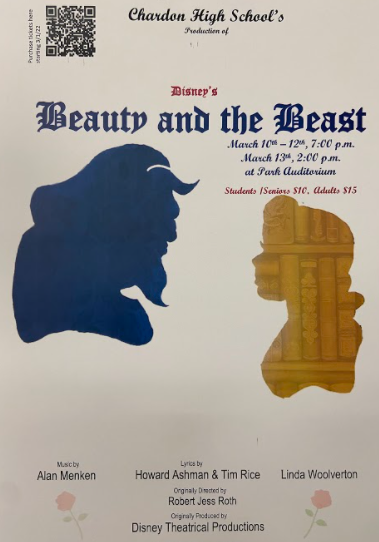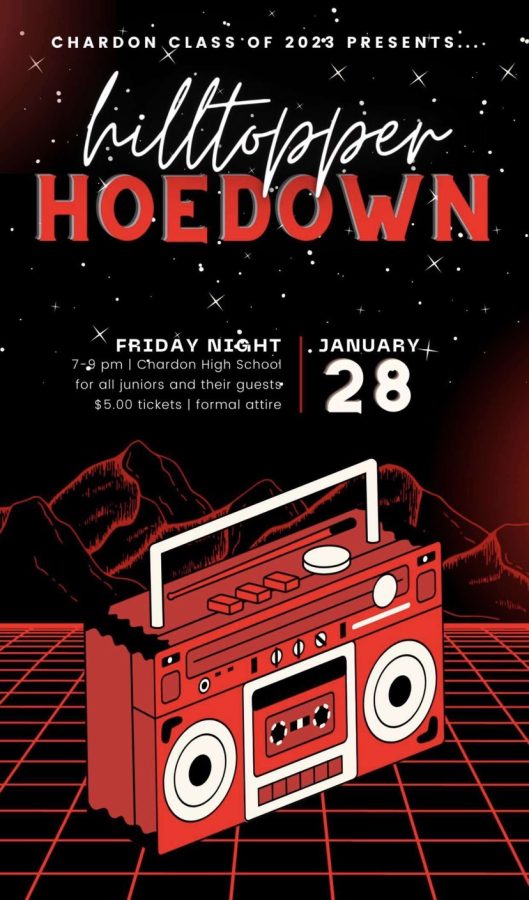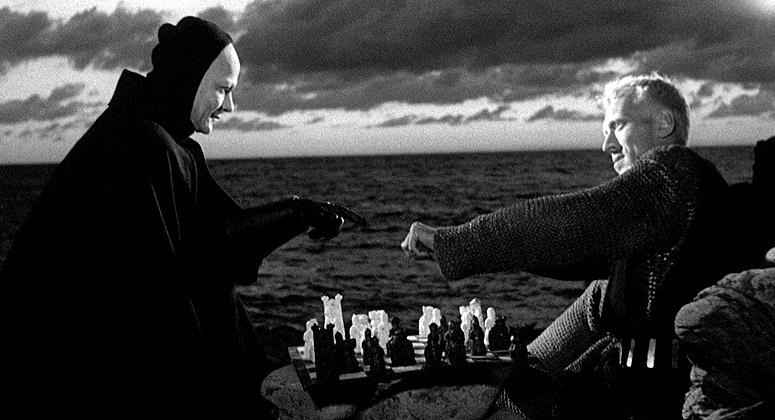The 85th annual academy awards were held on February 24, 2013 (be sure to read Andrew Blackley’s article for all of the details). Ben Affleck’s Argo was awarded the Best Motion Picture of the Year. Michael Haneke’s Amour was awarded Best Foreign Film of the Year and was nominated for Best Picture as well. Following the Academy Awards Ceremony, American cinema seems to neglect quality, releasing a slew of mediocre films. For those who may want to delve into the cinema of other countries without visiting a theater, a few of the world’s most iconic and acclaimed films are reintroduced.
Seven Samurai
Akira Kurosawa was the most notorious Japanese director, known for influencing not only the filmmakers of his nation but the entire world of cinema. Through his works, he has specifically inspired the Spaghetti Western genre. One of these works is Seven Samurai, perhaps Kurosawa’s most notable and considered one of the greatest films of all time. It follows the story of a man from a poor village tormented by bandits who goes to the city to seek unemployed samurai to protect his people. Does this plot sound familiar? It should: Pixar’s Bug’s Life is a direct adaptation of the film (remember the main protagonist finding seven circus bugs to defend against grasshoppers). Despite its status, Seven Samurai was not for Best Foreign Language film because the award was first given in 1957; the film was released in 1954. It was nominated for two other Academy Awards: Best Art Direction- Set Decoration and Best Costume Design.
8 ½
Federico Fellini was an eccentric, Italian director known for various, art house masterpieces that crossed the standard conventions of narrative. He is most well-known for 8 ½, a film that constantly shifts between reality and fantasy. Guido Anselmi, a famous director, becomes lost in his own dreams and fantasies, a secretive affair, and the growing pressure of his latest project. Due to the main protagonist’s profession, the film is evidently a very personal piece and sure lends some insight to Fellini’s actual life. The working title of the film was “The Beautiful Confusion,” but changed to represent the amount of films Fellini had made. He had directed five features alone, co-directing a sixth and two additional shorts (the co-direction and shorts acting as “half pictures”) thus far, adding to seven and a half. “The Beautiful Confusion” would becomes 8 ½. The film was awarded the 1964 Academy Awards for Best Costume Design and Best Foreign Language Film. It was also nominated for Best Art Direction- Set Decoration, Best Director, and Best Writing- Directly for the Screen.
The Seventh Seal & Wild Strawberries
Ingmar Bergman was undoubtedly one of Sweden’s most distinguished directors. Within the year of 1957, he released his two most celebrated films: The Seventh Seal and Wild Strawberries. Both of them have received wide acclaim through each passing generation and are considered cinematic monuments. The films classic status is most attributed to their common, universal themes of the meaning or emptiness of life, fear of death, and the uncertainty of the afterlife. During the Black Plague, The Seventh Seal portrays a game of chess between a Crusade Knight and the personification of Death, holding a conversation about the existence of God. Wild Strawberries reveals the memories of a professor nearing death whose life, though professionally successful, is marked by desolation. The two films are quite evenly matched, but The Seventh Seal seems to inflict a more transcendent message and profound mystification. Regardless Wild Strawberries was nominated for the Academy Award for Best Writing- Directly for the Screen while The Seventh Seal did not receive any nominations. Both of Berman’s works are cinematic achievements, resonation complex emotions.


























